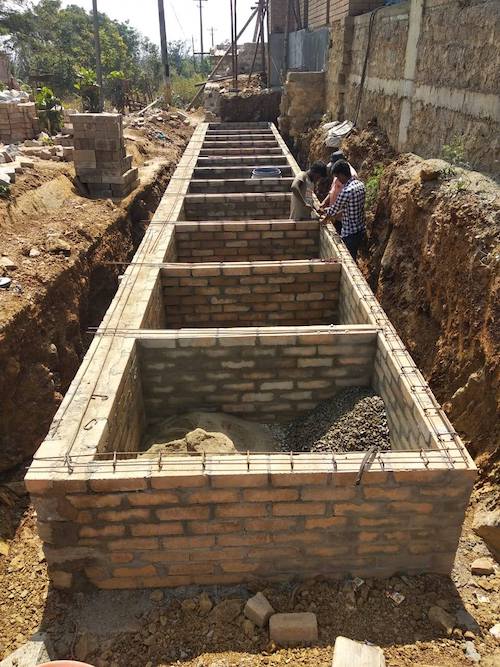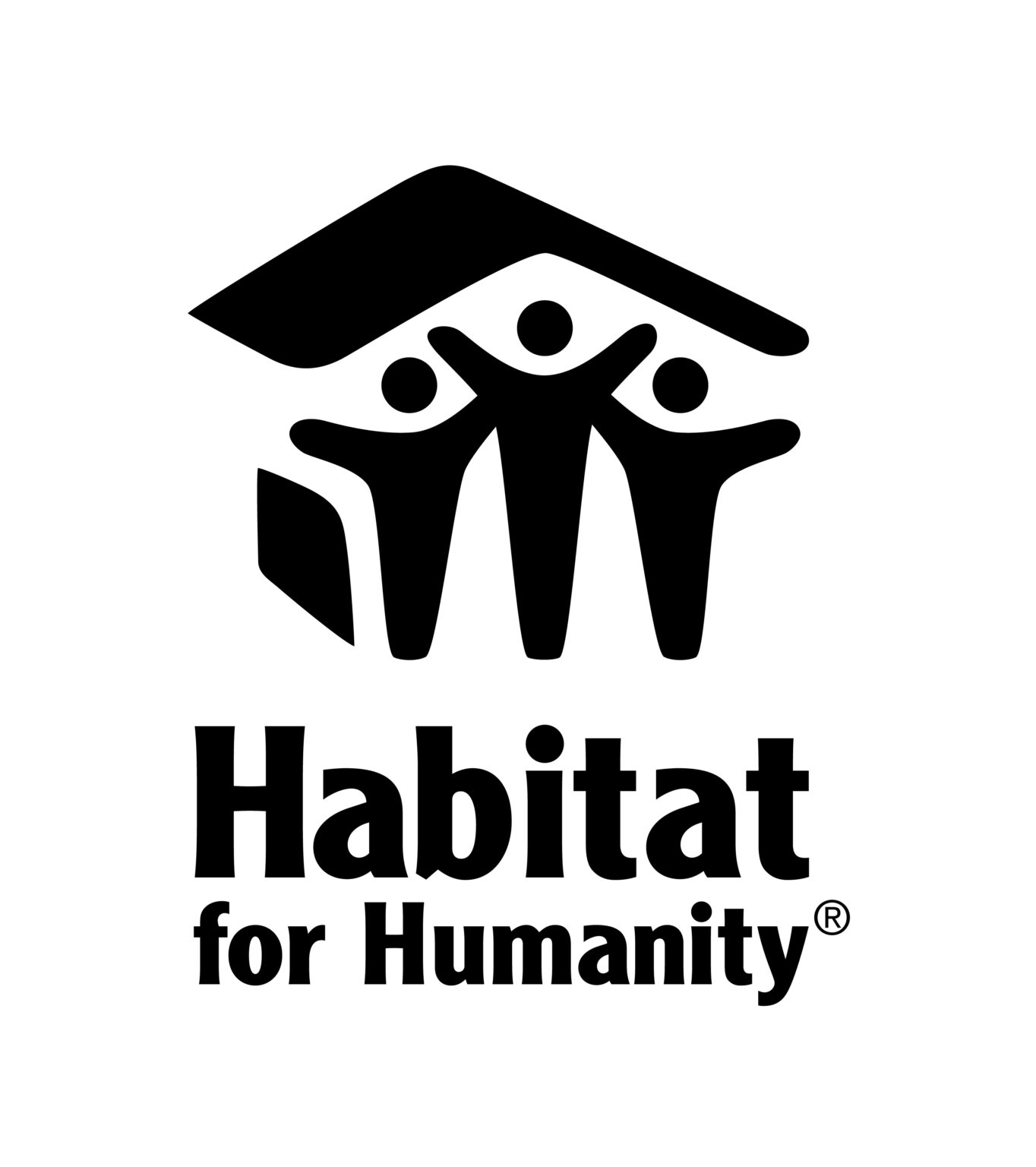Habitat for Humanity’s Terwilliger Center for Innovation in Shelter announced today an equity investment of INR 19 million (US$250,000) in ECOSTP Technologies, a startup that develops sanitation solutions through bioengineering. The investment will enhance ECOSTP’s efforts to bring its self-sustainable sewage treatment technology to thousands of families in low-income areas across India. This is Terwilliger Center’s second investment in an Indian startup, after investing in ReMaterials, a modular roofing startup in 2018.

“ECOSTP’s low-cost and low-maintenance sanitation technology adapts well to this COVID-19 reality where families need healthy homes to shelter in place. We are thrilled to have a partner with enormous potential to bring affordable solutions that can create healthier and sanitary households across the country,” says Jyoti Patel, Global Director of Impact Investments for the Terwilliger Center.
The Terwilliger Center works with private-sector startups and firms to expand innovative services, products, and financing for low-income households. Through its Shelter Venture Fund, the Center channels impact investment and support to entrepreneurs with the aim to bridge the pioneer gap amongst shelter’s small but growing businesses across the globe. Including ECOSTP, the Fund has invested in nine companies in Africa, Asia, Latin America and North America since 2017.
Nature-inspired innovation
In India, high running costs prevent up to 70 percent of the country’s sewage treatment plants from working properly. This prompted ECOSTP to take inspiration from nature – using biomimicry – to develop a sewage treatment system that uses anaerobic bacteria to purify water through underground chambers. The result is an affordable, self-sustainable system that can treat millions of liters of sewage water per day without relying on power, chemicals or human intervention resulting in a savings of up to 90 percent on operational expenses.
Since its launch in Bengaluru in 2017, ECOSTP has received accolades from various housing ecosystem players including the Government of India’s AGNIi innovation showcase and the United Nations ESCAP 8th World Water Forum. ECOSTP was also part of the Brigade REAP and ShelterTech accelerators in India. Brigade REAP is Asia’s first property technology focused accelerator program, helping startups create scalable and sustainable businesses and is an existing shareholder in the startup.
“As a startup, the partnership with the Terwilliger Center for Innovation in Shelter is crucial for us in the current environment. It plays a major role in allowing us to develop our business and bring a safe, sustainable and affordable water treatment product to low-income families and further our mission to reclaim every drop of wastewater naturally,” said Tharun Kumar, ECOSTP’s co-founder.
“We support shelter startups through our ShelterTech accelerator and catalytic grant program in India. Innovations such as ECOSTP have the potential to not only address the water crisis in India but also provide safe and healthy homes for both urban and rural families,” added Anoop Nambiar, Country Director for India at the Terwilliger Center for Innovation in Shelter. The Center will continue to support ECOSTP on product development, market expansion and piloting the product in rural and low-income consumer markets.
About Habitat’s Terwilliger Center for Innovation in Shelter
The Terwilliger Center for Innovation in Shelter, a unit of Habitat for Humanity International, works with housing market actors to expand innovative and client-responsive services, products, and financing so that households can improve their shelter more effectively and efficiently. The goal of the Terwilliger Center is to make housing markets work more effectively for people in need of decent, affordable shelter, thereby improving the quality of life for low-income households. To learn more, visit habitat.org/TCIS.
About Habitat for Humanity
Driven by the vision that everyone needs a decent place to live, Habitat for Humanity began in 1976 as a grassroots effort and has since grown to become a leading global nonprofit working in more than 70 countries. In the Asia-Pacific region since 1983, Habitat for Humanity has supported millions of people to build or improve a place they can call home. Through financial support, volunteering, or adding a voice to support affordable housing, everyone can help families achieve the strength, stability, and self-reliance they need to build better lives for themselves. To learn more, donate or volunteer, visit habitat.org/asiapacific.
